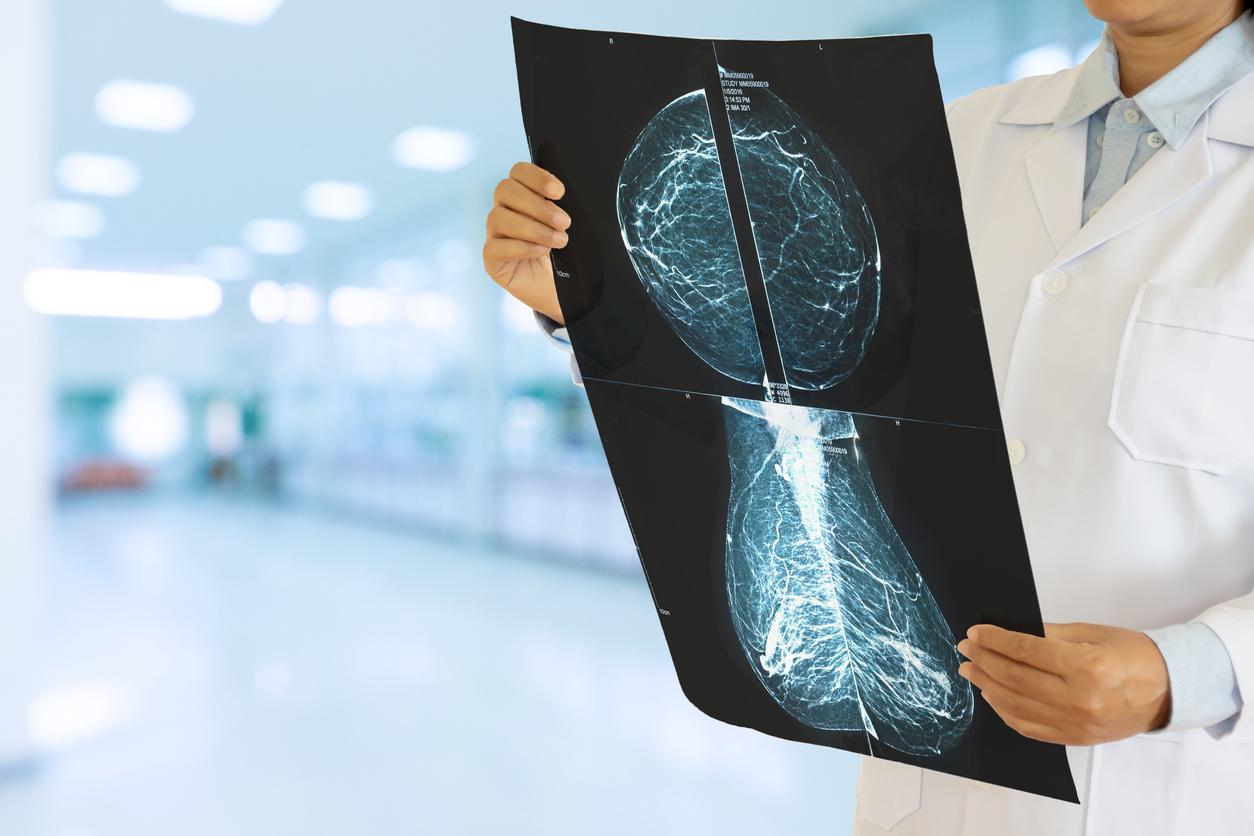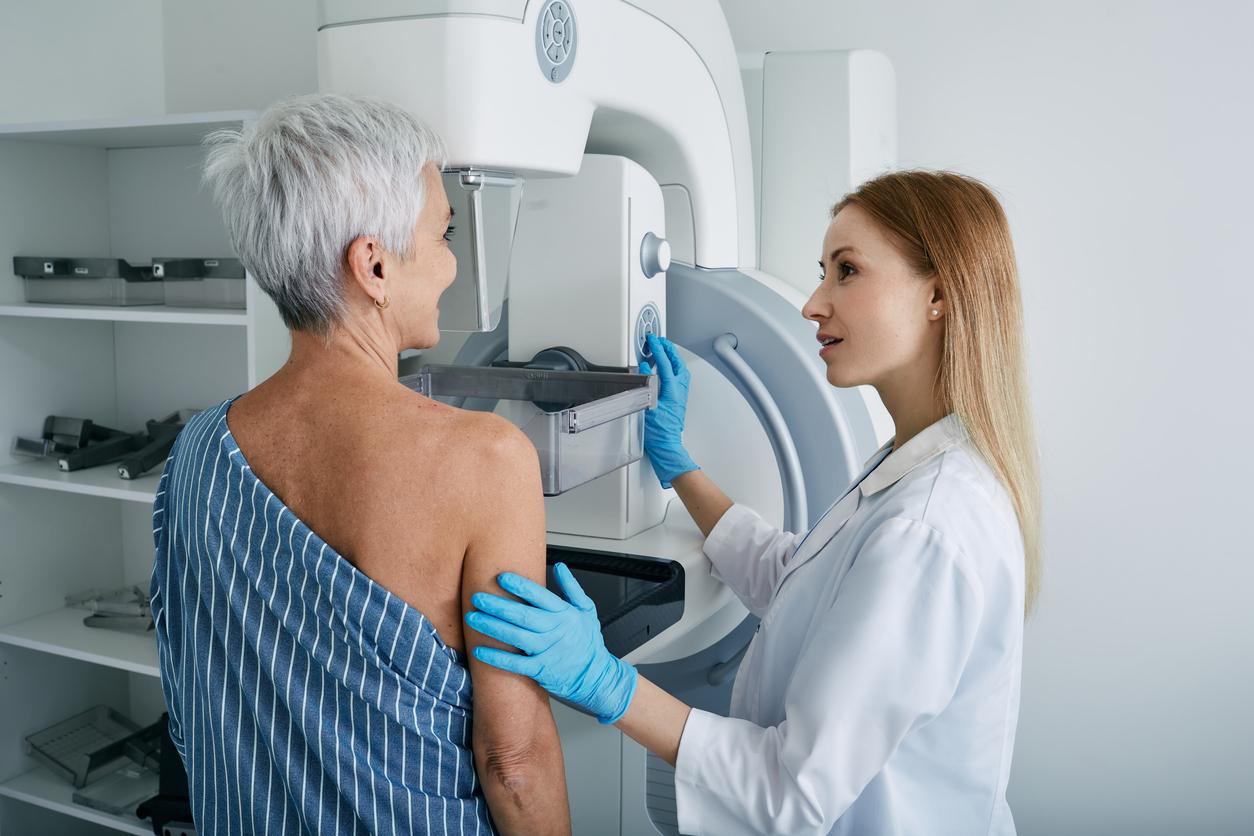In the case of breast cancer, the presence of certain white blood cells near the tumor associated with acute inflammation increases the risk of development of metastases.

- Metastases are cancer cells that migrate to another organ.
- In the case of breast cancer, this process is facilitated by white blood cells, present in cases of acute inflammation.
- Treatment could block the development of these cancer cells.
Cancer can spread throughout the body. Scientists then speak of the metastatic stage: when cancer cells break away from the tumor to form a new one in another part of the body. In the case of breast cancer, the organs most often affected by metastases are the liver, bones and lungs, specifies theNational Cancer Institute. Swiss and Finnish researchers have made new discoveries about the appearance of these cancer cells. In The Journal of Clinical Investigationthey explain that metastases are linked to immune cells and acute inflammation.
Breast cancer: metastases are linked to acute inflammation and white blood cells
This inflammation occurs in and around the original tumor. Scientists from the University of Fribourg, the University of Helsinki, the University of Lausanne and the Swiss Institute of Bioinformatics at the Vaudois University Hospital (CHUV) have found that certain white blood cells are linked to this phenomenon : granulocytes. The latter are often present during acute inflammation and facilitate the formation of metastases. “In a way, cancer cells push granulocytes at the tumor site to produce inflammatory mediators, interleukin 6 and oncostatin.develops Professor Curzio Rüegg, of the University of Fribourg. It is these two mediators which, secondly, transform breast cancer cells into cancer stem cells with high metastatic capacity..”
A potential treatment to block the appearance of metastases in breast cancer
With other scientists, the Swiss researcher has highlighted a process making it possible to block these two mediators and thus reduce the risk of the appearance of metastases. By inhibiting interleukin 6 and oncostatin produced by granulocytes, it is possible to suppress the formation of cancer stem cells and metastases. “Although the mechanism was discovered using laboratory models, the team also demonstrated similar events in human breast cancer.it is specified in a communicated.
Breast cancer and metastases: a genetic signature identified
Furthermore, medications that inhibit interleukin 6 exist. If they are today used to treat people with chronic inflammatory diseases, they could become preventive treatments against metastatic breast cancer in patients at risk. The latter could now be identified more easily: scientists have discovered a specific genetic signature during their work. It makes it possible to identify patients with an increased risk of metastases because of this process associating inflammation and white blood cells. “This work opens up real opportunities to develop new treatments for patients at high risk of metastases.”conclude the researchers.



















